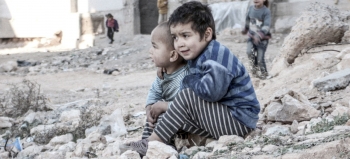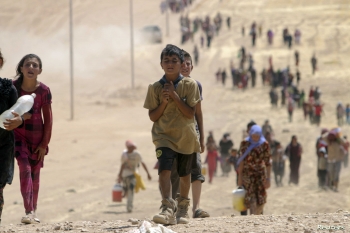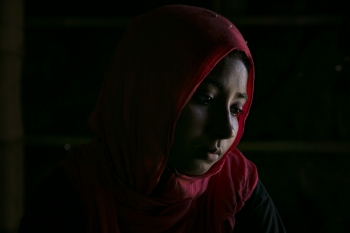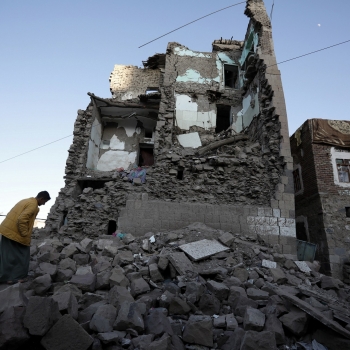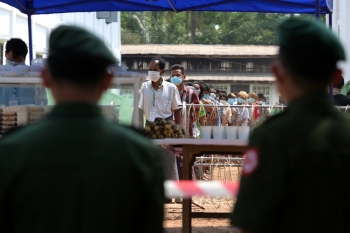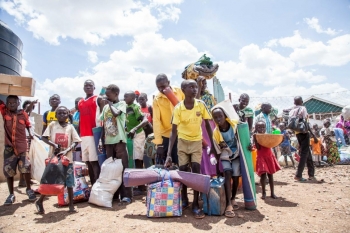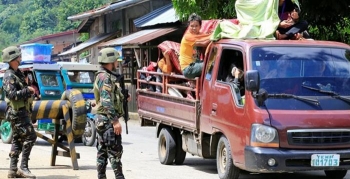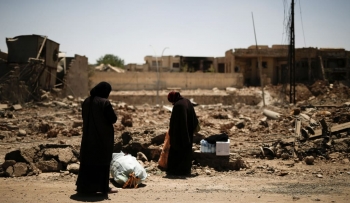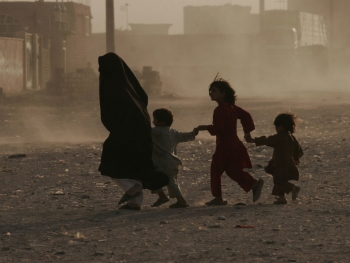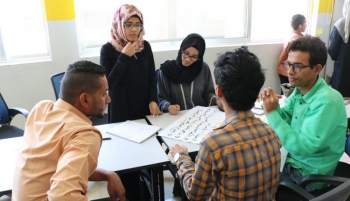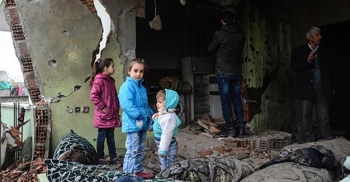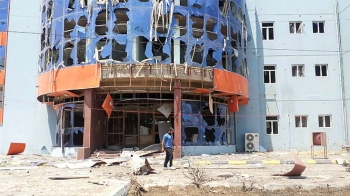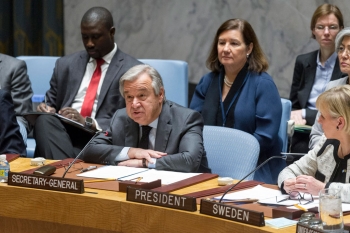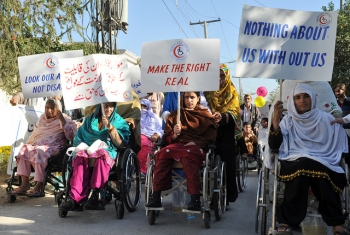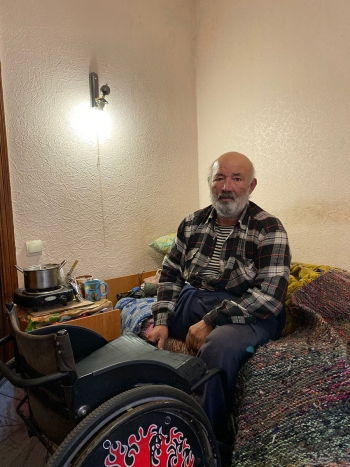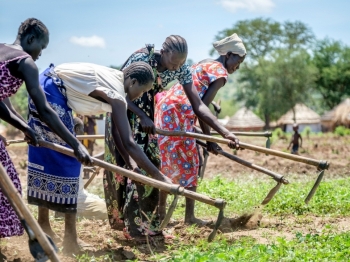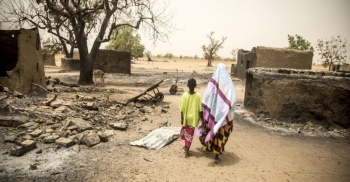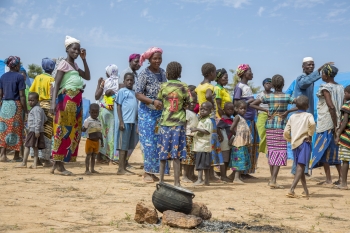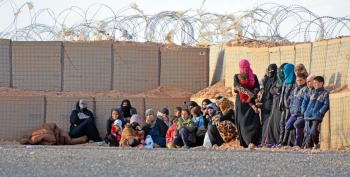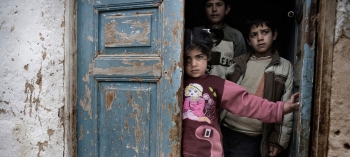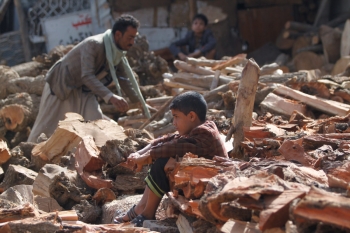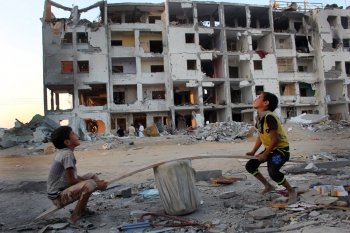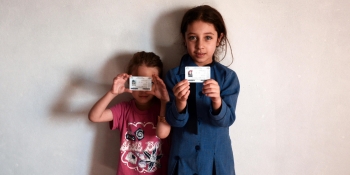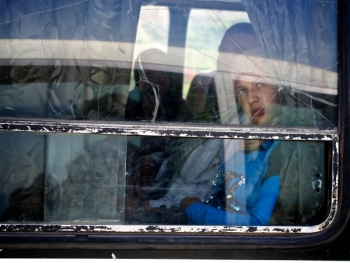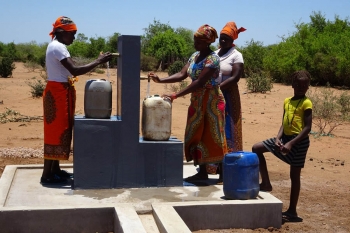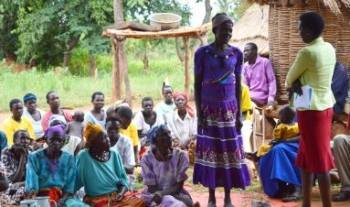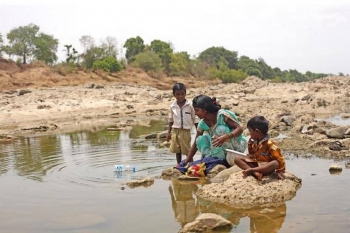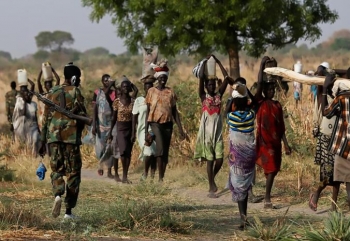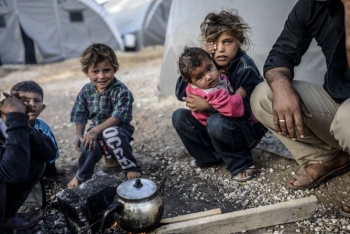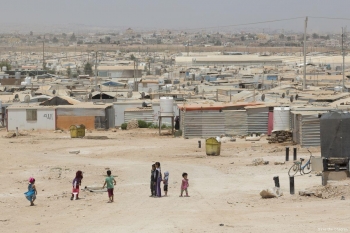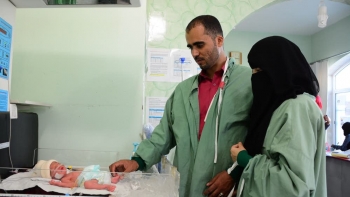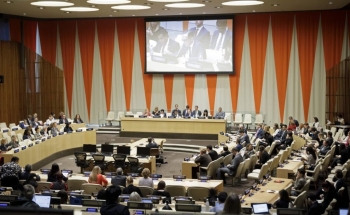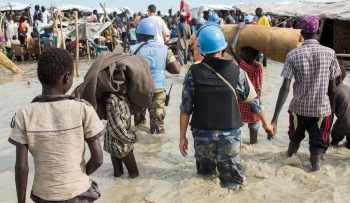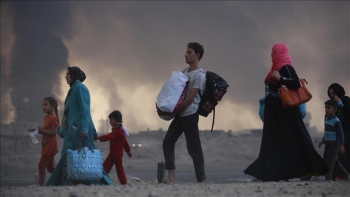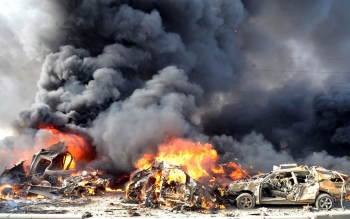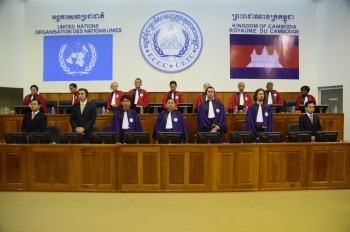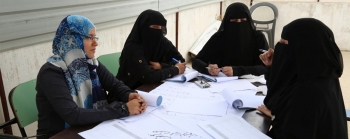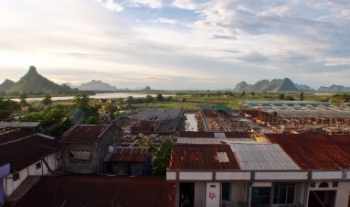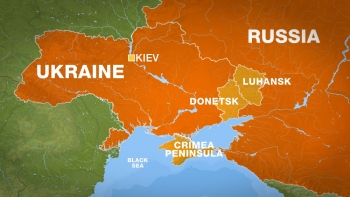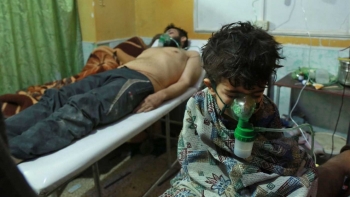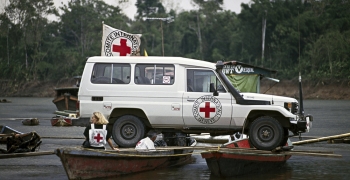In November 2018, The Peace Research Partnership (PRP) discussed challenges related to gender mainstreaming in research within conflict settings.
PRP, comprised of Saferworld, International Alert, Conciliation Resources, and UK Aid, is a programme aimed at conducting research on “inclusive economic development, peace processes and institutions, and on identifying how gender dynamics can drive conflict or peace” in conflict-affected regions. The coalition conducted six case studies and workshops in November 2018 in London. In 2019, as a result of the case studies and in order to provide background to the issues discussed in the workshops, analyses on the primary challenges to gender mainstreaming, ethics, safeguarding, and recommendations, the final report was written.
The PRP’s report defines gender as the ways in which people are socially, culturally, and historically categorised as ‘female’ and ‘male’, including the effect this classification has on their everyday lives. Most often gender is aligned with biological sex assigned to the person at birth, varies across different cultures and may be subject to change over time. The concept of gender is also seen to examine the relations between male and female-identifying persons. The relations influence how the two are organised, as well as how power and resources are distributed. Notably, the meaning of gender can change before and after conflict.
Gender mainstreaming is “a process to ensure that women’s and men’s (or boys’ and girls’) and those with other gender identities’ concerns and experiences are integral to the design, implementation, monitoring and evaluation of all legislation, policies, and programmes.” There are two gender mainstreaming approaches: the integrationist and the transformationalist. The former emphasizes the value of integrating gender into research whereas the transformationalist approach focuses on the transformational effect a gender mainstreaming approach may have on organisations, policies and practices. It also champions gender equality and aims to change power relations between genders.
As a result of the two-day workshop, the organizations found that representation and gender balance in research teams, as well as gender expertise (gender advisers), are important to ensure intersectional gender mainstreaming in research. Additionally, the coalition recommended that researchers strive for equal and mutually beneficial partnerships whereas consultancies should put more emphasis on transformationalist gender mainstreaming. The research design must ensure the widest possible reach and variety of voices.
Additionally, the coalition examined their ethics of research, and developed “principles grounded in securing informed consent and the baseline principle of ‘do not harm.’” Ethics of research emphasizes the importance of providing training for staff and understanding the risks of research, as well as ensuring confidentiality and support for research participants. In contrast, the prevention of risks researchers pose to others in their practices, such as sexual exploitation and re-traumatisation, is covered by the concept of safeguarding and involves individual researchers and participants.
Another finding emerging from the report is “research fatigue”, a concept experienced by many research participants. More specifically, the participants may feel they are being over-researched and caught up in the constant flow of questions yet, they do not benefit from the research and no visible results are being achieved. In order to prevent this, it is crucial that research teams conduct background studies to determine whether they are likely to bring more benefit than harm. Additionally, researchers must receive extensive research training to prevent misconduct, learning to build ethical and safeguarding views into their research. Lastly, researchers and organizations must always reflect on the purposes of their research: determine who benefits from the knowledge created through research and if it is the people who are directly affected by the issues being studied.
To read the full report, please visit:
https://www.saferworld.org.uk/resources/publications/1209-doing-research-in-conflict-settings-gender-mainstreaming-and-ethics
Author: Giulia DeLuca; Editor: Aleksandra Król





